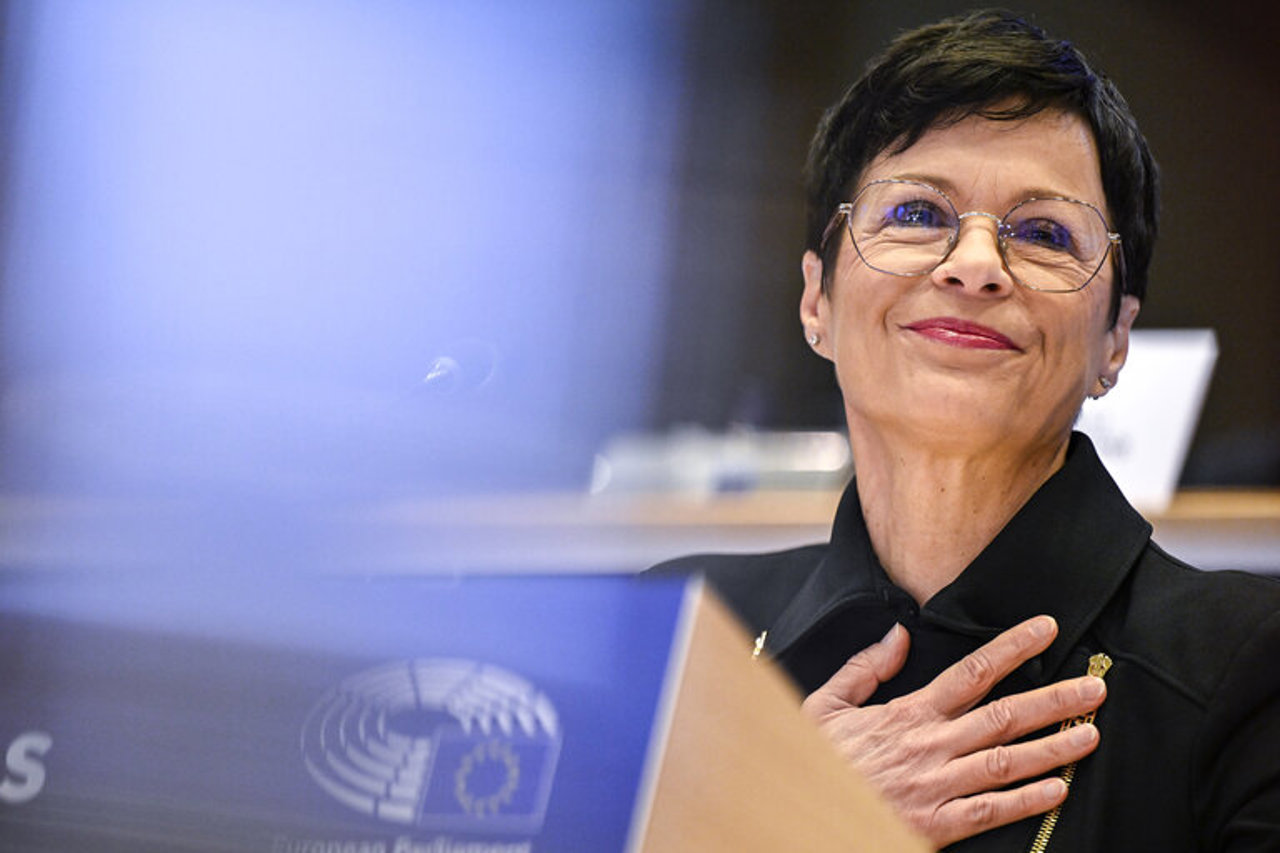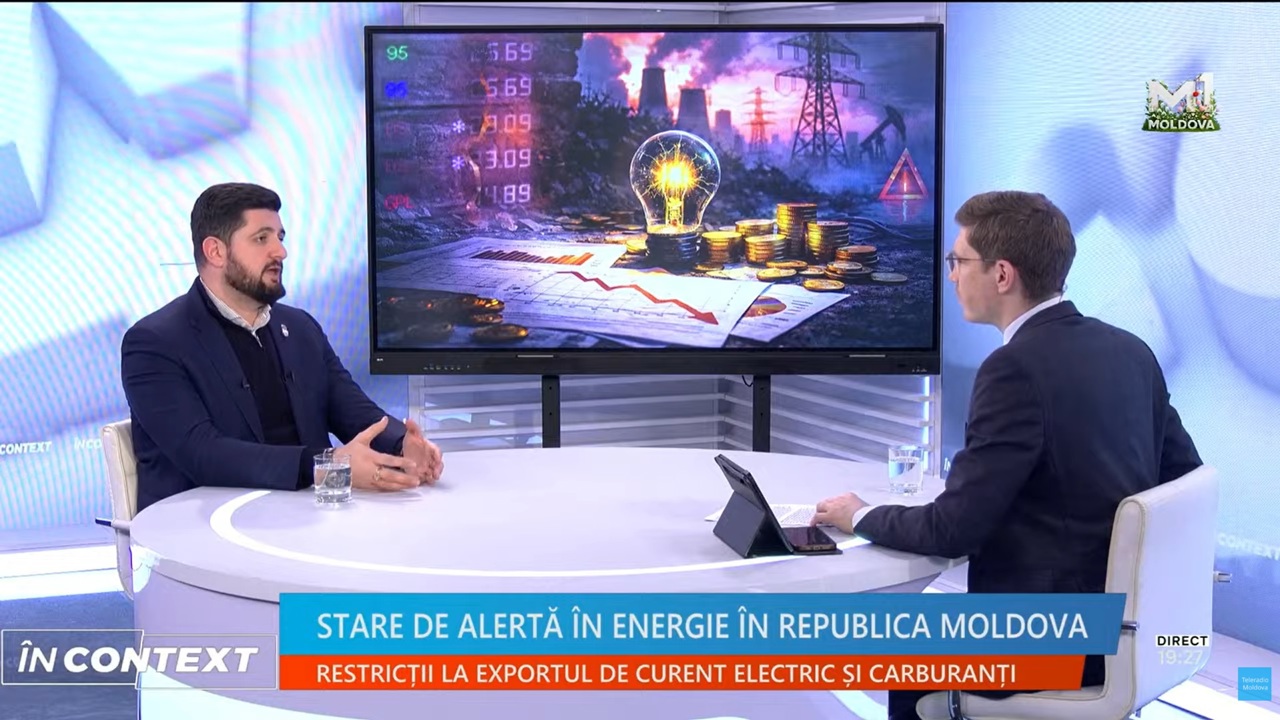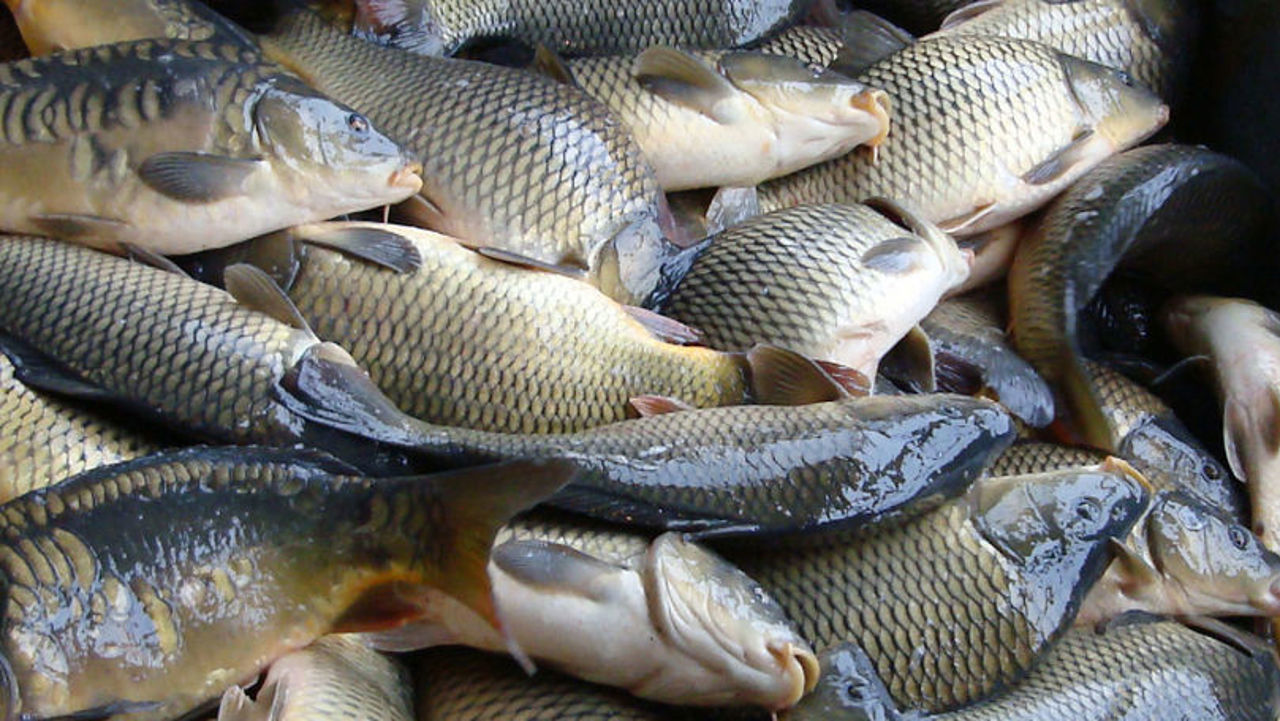"The Republic of Moldova, a model student, may pursue EU accession independently."

The European Union is considering the possibility of continuing the accession process with the Republic of Moldova separately from Ukraine, as Kiev's efforts are blocked by Hungary, Marta Kos, the European Commissioner for Enlargement, told RFE/RL. In an interview with RFE/RL on April 28, during a visit to Prague, Marta Kos said that she "cannot rule out a decoupling" of the two countries as early as June, when important decisions on the Union's enlargement are to be made in Brussels.
"We are already discussing with the member states what to do, because no member state opposes the opening of the first group of negotiation chapters with Moldova," Kos stated, specifying that Hungary opposes only Ukraine's accession.
The Republic of Moldova and Ukraine have so far followed a common path in the accession process to the European Union, being treated by Brussels as a tandem. In 2023, the Council of the European Union approved the opening of accession negotiations with both states, but to date no chapter has been opened. In the current context, the idea of a separate path for the two countries is increasingly being discussed.
Asked about the perspective of the Republic of Moldova, the European Commissioner indicated that our country could become a member state by the end of the mandate of the current European Commission, in 2029.
"If we do not have any new member states during the current European Commission, this would be considered a failure," Kos said.
The official also noted the rapid progress of the Republic of Moldova in the integration process. “Moldova is truly a model student in the whole group. They really feel this historic moment,” Kos said, adding: “It is something we have probably never seen before, because accession is for Moldova a project of peace. Because they want to be part of the community of values and democracy, they are determined to do everything possible.”
The decoupling of some candidate countries is not unprecedented. For example, in September 2024, the EU decided to open negotiations with Albania, leaving North Macedonia behind, stuck in disputes with Bulgaria.
As for Ukraine, Marta Kos criticized the blockade imposed by Hungary. “Ukraine has done enough, I can tell you from personal experience because I facilitated the dialogue between Hungary and Ukraine,” she said, specifying that “Ukraine is ready to meet all the requirements, but for Hungary it is not enough.”
The Republic of Moldova officially submitted its application for membership in the European Union on March 3, 2022. Since then, the country has obtained candidate status, started accession negotiations, and aims to sign the Accession Treaty in 2028.





